>> Yen Bai City resolutely implements solutions to collect budget
This is a remarkable achievement, enough for any locality to be proud of. However, hidden behind those "telling" numbers are signals that require careful analysis and a long-term vision. The problem of revenue sustainability, dependence on seasonal factors and the significant impacts of current fiscal policies are posing significant challenges for the road ahead.
Yen Bai's "dream" budget revenue in the first quarter was largely "anchored" by revenue from land use fees and extraordinary revenues such as taxes from mining and hydropower activities. Meanwhile, the economic "blood vessels" that nurture stable and long-term revenue sources such as production, services and consumption are facing impacts from expansionary fiscal policies. Specifically, Yen Bai's total budget revenue in the first 3 months of 2025 reached VND 1,339.3 billion, equal to 35.8% of the central government's estimate and 24.4% of the provincial People's Council's estimate.
Of which: revenue from import-export activities reached 123.4 billion VND, equal to 27.4% of the Central budget and 20.6% of the Provincial People's Council's budget. Balanced revenue (excluding one-time land rent) reached 676.5 billion VND, equal to 30.7% of the Central budget and 25.9% of the Provincial People's Council's budget. Land use fee revenue reached 309.8 billion VND, equal to 29.5% of the Central budget and 13.8% of the Provincial People's Council's budget. Revenue from lottery activities reached 9.8 billion VND, equal to 27.3% of the Central budget and the Provincial People's Council's budget. The 2% reduction in value added tax (VAT) - a move to support businesses until the end of June 2025 - along with policies to reduce environmental protection tax, extend tax payment and land rent... have brought a new breath of fresh air to the business community. However, on the other hand, these policies also mean that the budget flow becomes slower and may be lower than the actual potential. The clearest evidence is the revenue from environmental protection tax, which only reached 14.7% of the estimate approved by the Provincial People's Council.
The main reason is the reduction of environmental protection tax on gasoline, oil and grease according to Resolution 60/2024/UBTVQH15. Another issue worth noting is that Yen Bai's budget revenue structure still depends heavily on revenue from land and natural resources. In mountainous districts such as Tram Tau, Van Chan, Van Yen, the budget revenue from hydropower and mining enterprises accounts for a significant proportion (Van Chan 56.6%, Tram Tau 66%, Van Yen 40%). This dependence poses many risks, because these sectors are inherently sensitive to weather and market fluctuations, creating an inherent "uncertainty" for budget revenue.
Typically, hydropower production enterprises, the revenue from these enterprises depends a lot on the weather. The "gloomy" real estate market is also a big "obstacle" when the revenue from land use fees only brought in 309.8 billion VND, less than 13.8% compared to the estimate assigned by the Provincial People's Council. This shows the difficulty in realizing budget collection scenarios based on the expectation of selling clean land funds. In addition, a number of other factors also affect budget collection such as iron ore mining enterprises in Tran Yen district facing financial difficulties, stopping operations or operating at a low level, reducing the district's revenue (the revenue from these enterprises accounts for 35% of the district's total revenue).
The fact that the budget collection in the first quarter exceeded the scenario is not only the result of the efforts of the financial sector, but also a "test" of the province's budget management capacity in a volatile economic context. The biggest question now is no longer "how much is collected", but "where is the revenue from", "is the revenue source sustainable or not", and more importantly, "does that revenue source contribute to nurturing the long-term development of the province or not?".
In the current context, shifting to nurturing long-term revenue sources, expanding the tax base, and encouraging businesses to develop in depth is an almost mandatory choice. To achieve this, the work of reviewing, preventing tax losses, and handling tax arrears must be carried out resolutely, while at the same time, it must go hand in hand with measures to support businesses to recover and develop sustainably. In particular, innovating the mindset of budget revenue management - from passively "collecting when available" to proactively "creating sources" - is the key to ensuring financial security for Yen Bai in the long term.
The first quarter has recorded impressive budget collection results, but more importantly, the quality and sustainability of revenue sources. Yen Bai has the opportunity to reshape its revenue structure in a more stable direction, while facing pressures from internal economic forces and policy fluctuations. Instead of just focusing on exceeding estimates, the province needs to focus on ensuring that every dollar of budget revenue is a testament to the real health and strong development momentum of the local economy.
Thanh Phuc
Source: https://baoyenbai.com.vn/12/348783/From-budget-to-goal-goal-of-development-to-toan-dien.aspx



![[Photo] Scientific workshop "Building a socialist model associated with socialist people in Hai Phong city in the period of 2025-2030 and the following years"](https://vphoto.vietnam.vn/thumb/1200x675/vietnam/resource/IMAGE/2025/5/21/5098e06c813243b1bf5670f9dc20ad0a)
![[Photo] Prime Minister Pham Minh Chinh attends the groundbreaking ceremony of Trump International Hung Yen Project](https://vphoto.vietnam.vn/thumb/1200x675/vietnam/resource/IMAGE/2025/5/21/ca84b87a74da4cddb2992a86966284cf)

![[Photo] Prime Minister Pham Minh Chinh receives Rabbi Yoav Ben Tzur, Israeli Minister of Labor](https://vphoto.vietnam.vn/thumb/1200x675/vietnam/resource/IMAGE/2025/5/21/511bf6664512413ca5a275cbf3fb2f65)
![[Photo] Determining the pairs in the team semi-finals of the National Table Tennis Championship of Nhan Dan Newspaper](https://vphoto.vietnam.vn/thumb/1200x675/vietnam/resource/IMAGE/2025/5/21/eacbf7ae6a59497e9ae5da8e63d227bf)
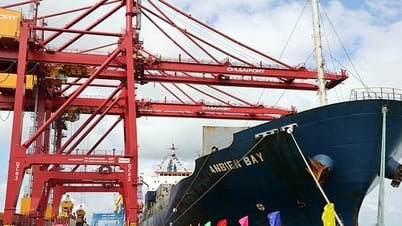

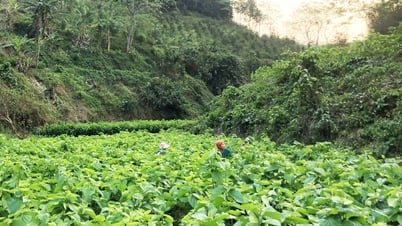

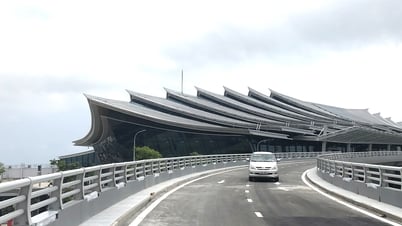

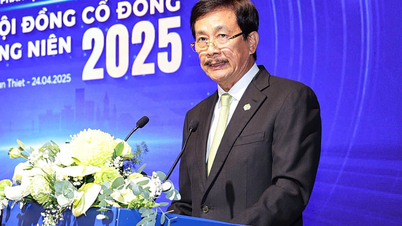

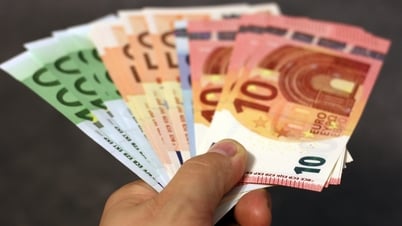







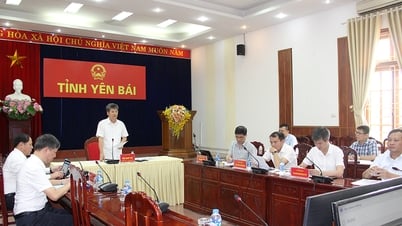
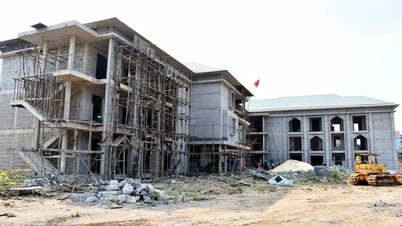
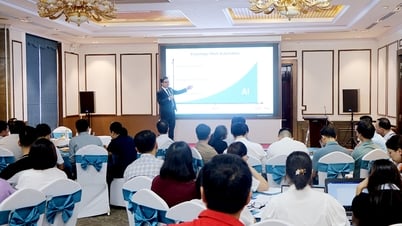
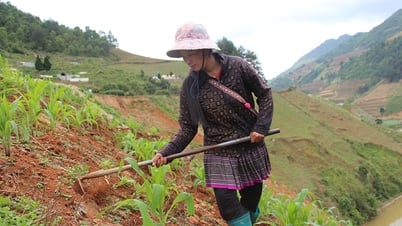
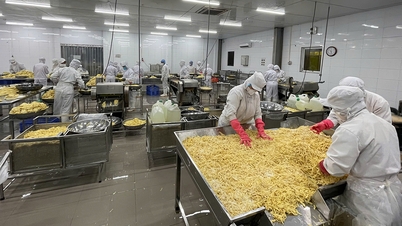
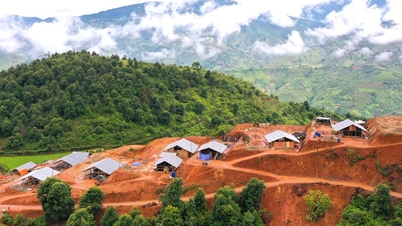































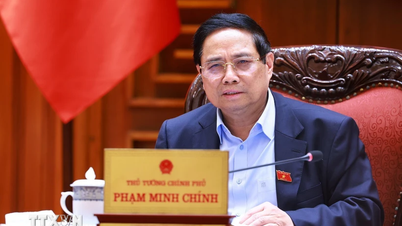



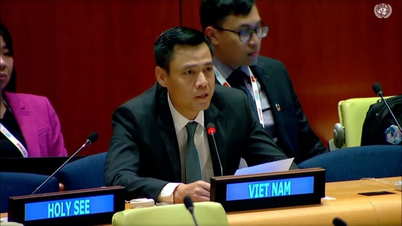
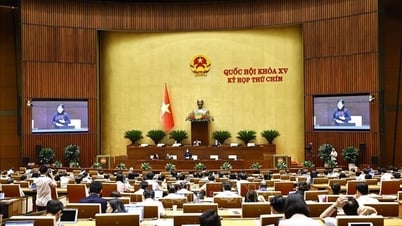

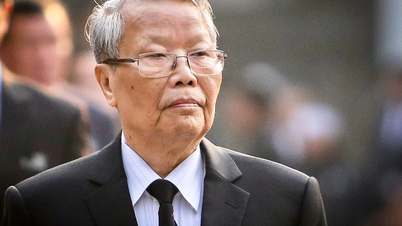










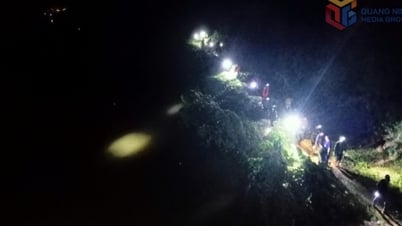
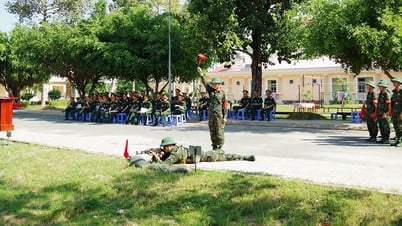




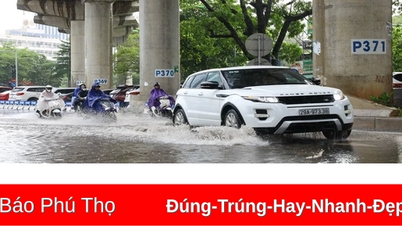











Comment (0)